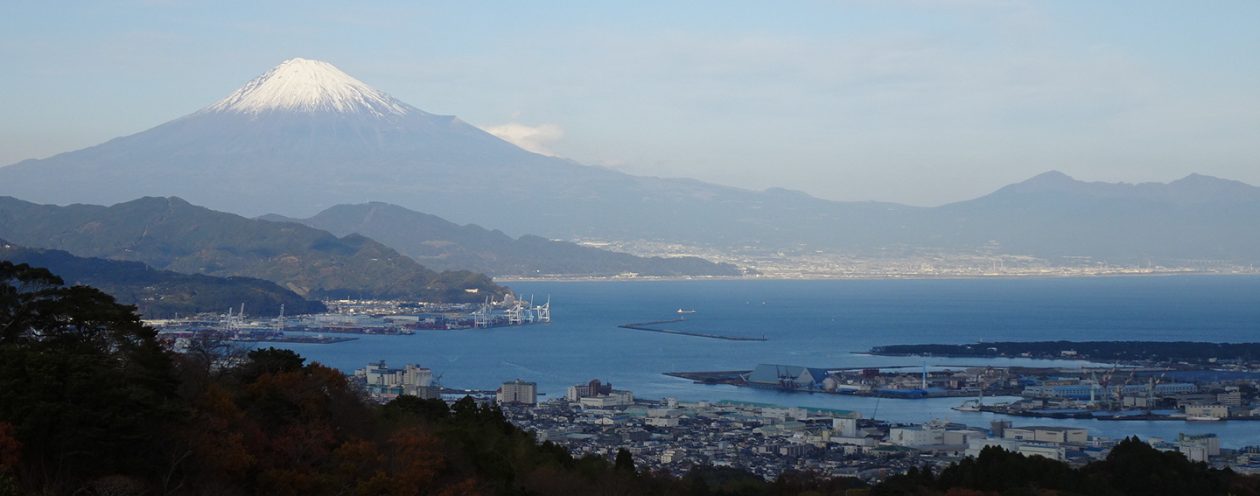Numerous remote islands
where the original Japanese scenery spreads
Japan itself is an island nation, with the main islands being Honshu, where Tokyo, Osaka, and Kyoto are located; Hokkaido, famous for the Niseko ski resort; Kyushu, which has had several kind of connection with China and Korea since ancient times; and Shikoku, famous for the pilgrimage to the 88 sacred places. Around these islands, there are various remote islands, large and small, far and near, inhabited and uninhabited. The Geospatial Information Authority of Japan announced that in 2023, there are 14,125 islands in Japan. By prefecture, Nagasaki has the most with 1,479 islands, followed by Hokkaido with 1,473 islands, and in third place is Kagoshima with 1,256 islands. In these, it is said that there are more than 400 inhabited islands.
In recent years, travelling to remote islands has become increasingly popular among Japanese people.
What fascinate us?
- Japan’s original landscape
- Great nature, spectacular views
- Island’s unique culture, customs and traditions
- Island’s unique food culture
- Simple lifestyle
- Quiet environment
- There’s nothing, and very inconvenient, which makes us interesting
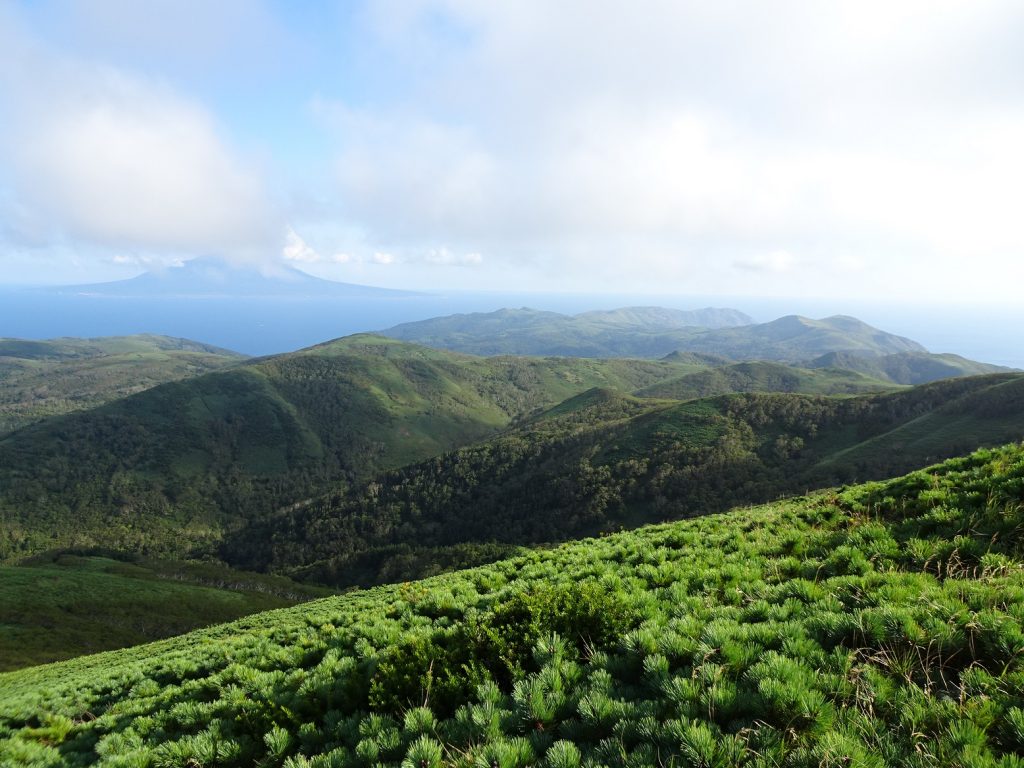
Among the remote islands, some can be easily visited on a day trip, while others have only one regular ferry service per week, and if a typhoon hits, we cannot return home until the following week. The ways to enjoy each island and the level of preparation required vary depending on the island.
Rich nature and unique culture
Needless to say, remote islands are close to both the sea and the mountains, and the village towns are quite small. You can easily enjoy marine sports, forest bathing, trekking, strolling around the island’s historical spots, and sampling the island’s unique cuisine.
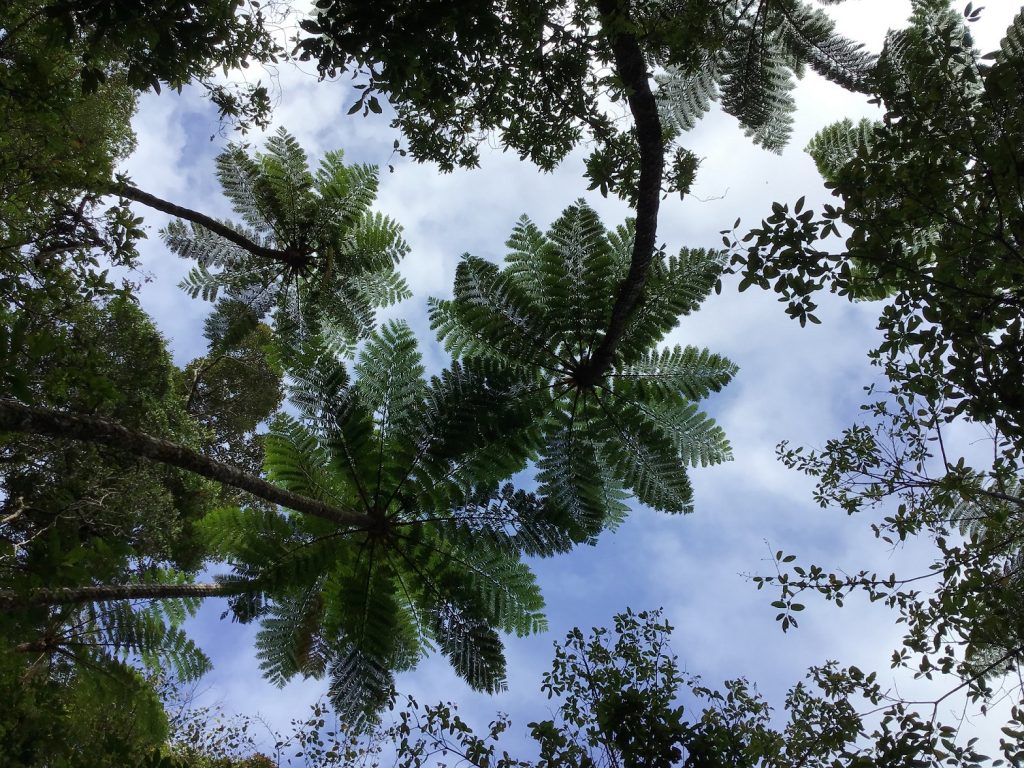
Geopark
One of the characteristic of remote islands is that there are many areas with outcrops of rock strata that provide geological information about how Japan was formed. Long ago, Japan was part of the Eurasian continent. However, approximately 20 million years ago, the edge of the continent tore apart from east to west, and the crust of the Japanese archipelago separated from the continent. Eventually, the rift reached the ocean, and seawater entered. This was the origin of the Sea of Japan.
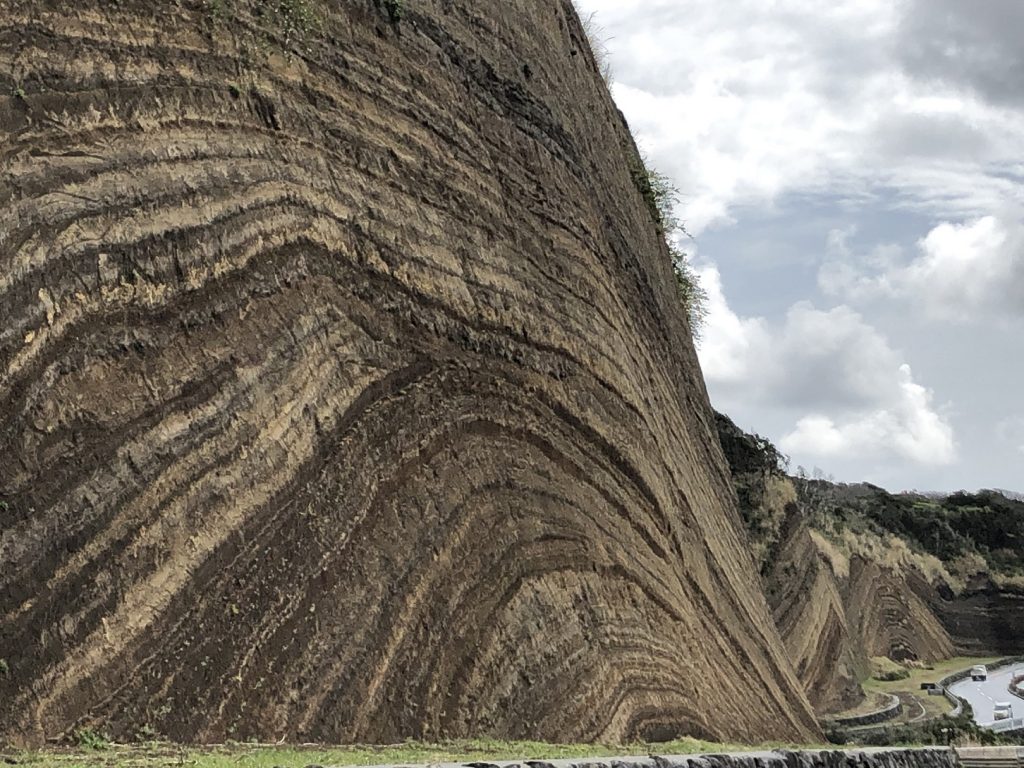
The Island of the Deities Born in Myth
According to the “Kojiki”, Japan’s oldest book, the couple of gods named “Izanagi” and “Izanami” gave birth to Awaji Island, then Shikoku, Oki Island, Kyushu, Iki Island, Tsushima Island, Sado Island, and finally Honshu (Main Island).
For example, there are very few temples on Oki Island, on the other hands countless shrines. This is the reason why it is called “the island of the deities”.
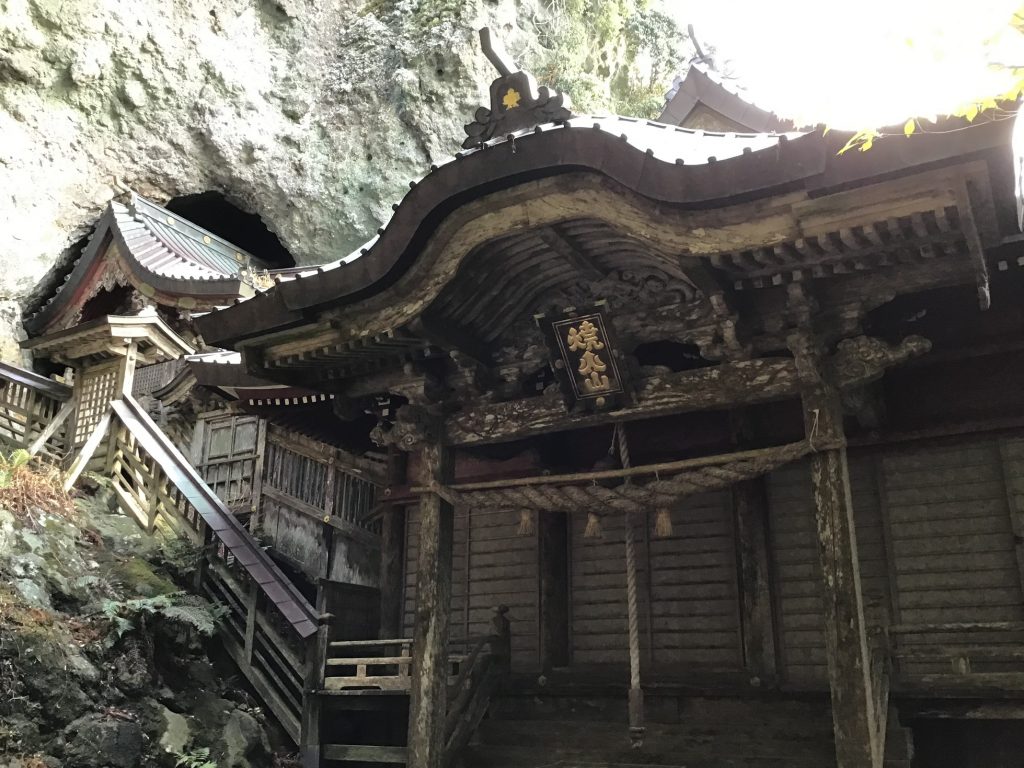
History of banishment
In the past, it was common for emperors and other politically important people to be defeated by hostile forces and exiled to remote islands. It seems that these important people were treated with great care on the island.
In addition, culture and performing arts from the central government were transmitted to the islands along with such as important people, and despite being remote islands, there are some areas where food culture, performing arts, and festivals similar to those in Kyoto still remain today.
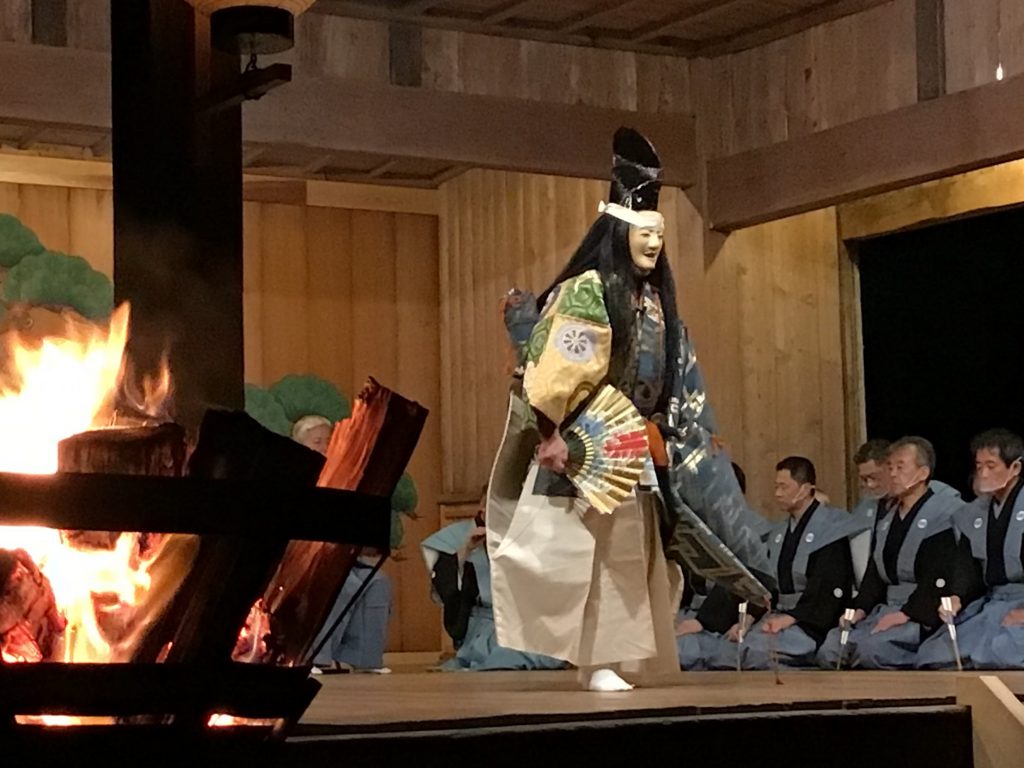
Island Time
Transportation on remote islands is generally limited and inconvenient, and on some islands, local bus services are closed on Sundays.
When visiting an island, it’s important to make sure keeping the transportation.
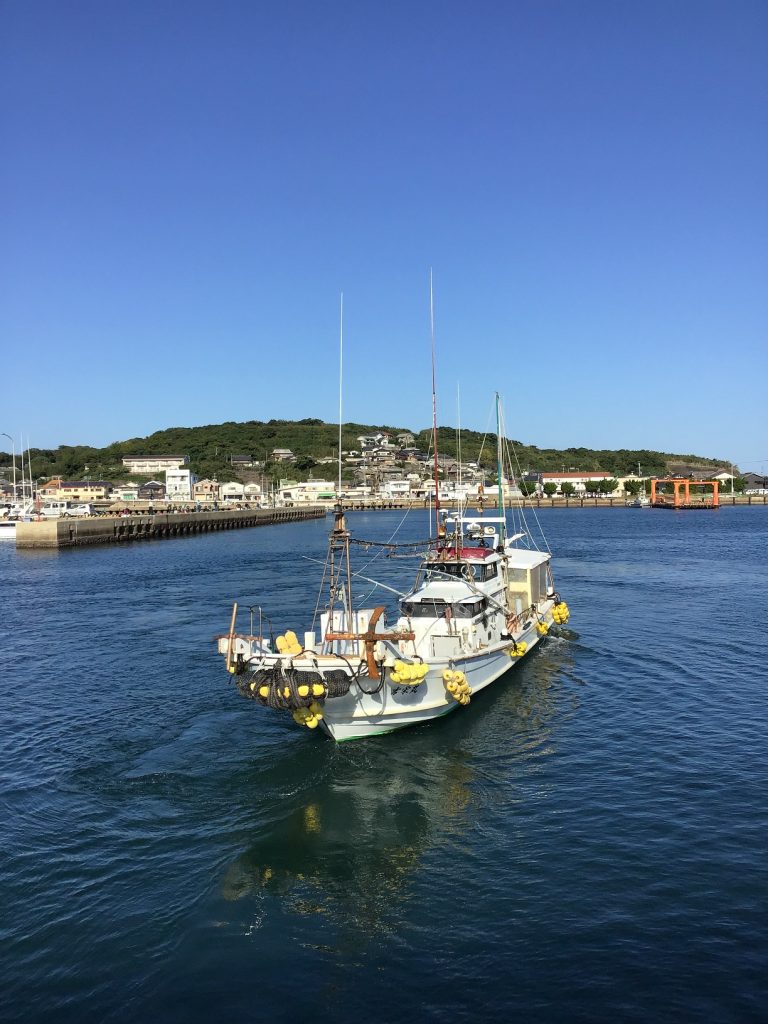
Remote Islands we recommend
-
- H-15 Rishiri & Rebun (Hokkaido)
- T-96 Izu Islands (Tokyo)
- T-97 Ogasawara Islands (Tokyo)
- N-100 Sado (Niigata)
- H-47 Awaji-shima (Hyogo)
- S-98 Oki (Shimane)
- H-53 Shimanami Kaido (Hiroshima, Ehime)
- K-55 Shodo-shima, Nao-shima (Kagawa)
- N-94 Goto Islands (Nagasaki)
- K-62 Amami Islands (Kagoshima)
- O-63 Ishigaki, Yaeyama (Okinawa)
- O-64 Hateruma (Okinawa)
Enjoy your special time
on a Japanese remote island!

/// Contact
If you have any questions or offer to book, please send an email. We welcome even little questions! Don’t hesitate, and see you in Japan!!
Contact us: info@i-travel-square.tokyo
